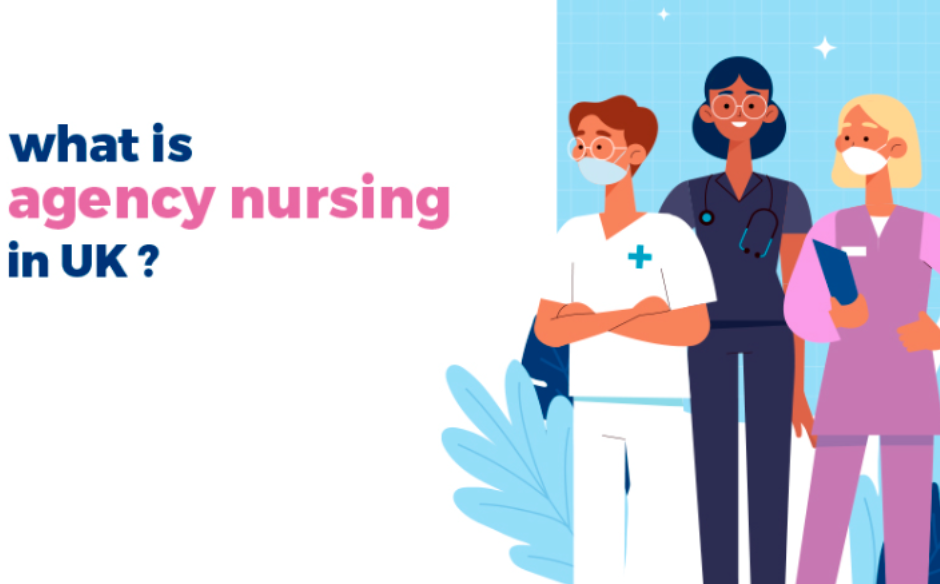In a healthcare system where understaffing, long shifts, and pay grievances have become the norm, British nurses are increasingly turning to agency work—not merely as a lifeline, but as a clever means of substantially increasing their pay. Some are allegedly doubling their salaries by picking up flexible shifts through nursing agencies.
But how does agency nursing exactly function? And why do so many professionals switch careers?
What Is Agency Nursing?

Agency nurses are registered professionals engaging in short-term or interim work via recruitment agencies. These shifts can be within NHS hospitals, private health facilities, care homes, prisons, or even in patients’ homes.
In contrast to NHS-employed nurses, agency nurses determine their availability, enjoy higher hourly rates, and get to choose which environments they work in.
Why the Pay Is Higher

Chief among the reasons that agency work proves so attractive is the difference in pay. For instance:
A Band 5 nurse within the NHS generally receives £17–£21/hour (basic rate).
The same nurse employed through an agency can earn £30–£50/hour, particularly on nights, weekends, or peak periods such as winter pressures.
Others even claim to bank more than £60,000 per annum, well over the standard NHS Band 5 salary of around £30,000–£35,000.
Flexibility = Freedom

Agency nursing is the most flexible job available. Nurses can:
Select when and where they work
Avoid fixed contracts or shift work
Take time between assignments for travel, family, or study
This flexibility is especially appealing to semi-retired nurses, part-time students, or parents.
What’s the Catch?

The advantages are enticing, but so too are the disadvantages of agency work:
No guaranteed income – Shifts subject to availability and demand
No sick pay, annual leave, or pension unless working PAYE
Fewer professional development opportunities and continuity of care
You could be viewed as “the outsider” onwards
Also, some NHS trusts currently limit agency pay under the NHS Improvement Framework, which can decrease rates in some areas.
Tips to be an Agency Nursing Success

If you’re contemplating agency work, here’s how to maximise your profits:
Join several agencies – Compare pay rates and shift availability
Be willing to take nights and weekends – Increased demand = increased pay
Specialise – A&E, ICU, or mental health skills can earn top rates
Keep your training current – Covering required modules such as BLS, Manual Handling, and Infection Control
Be professional – Your reputation dictates how frequently you get rebooked
Is Agency Work the Future of Nursing?

With staff shortages, burnout, and inflation making NHS staff work harder than ever before, agency nursing provides independence, financial freedom, and diversity. Not suited for everyone, perhaps, but for many UK nurses, agency working has become a potent weapon to take back control of their careers—and their bank account.
Have you ever worked in agency nursing? Thinking of making the move? Let us know your experience below—we want to hear your story!
